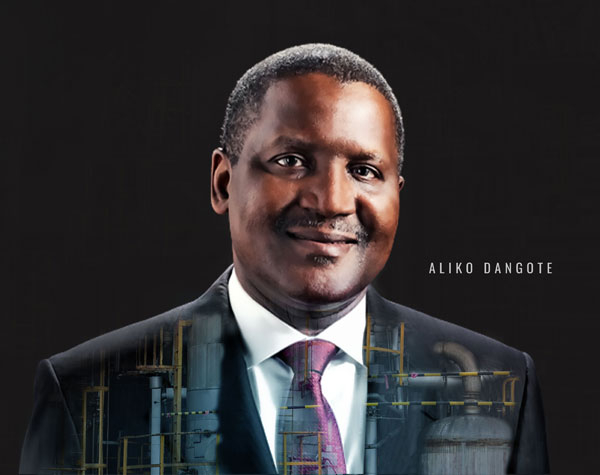
Africa’s largest oil refinery goes live in Nigeria as the continent’s largest oil producer seeks to cut fuel importation costs. The refinery promises to turn Nigeria from a net importer to a net exporter of refined oil.
SPECIAL FEATURE | BIRD AGENCY | In a ceremony attended by heads of state, business leaders, and industry players, Nigerian President Muhammadu Buhari on Monday (May 22) inaugurated Africa’s largest oil refinery.
The event is a major milestone for the oil-producing country as it seeks to reduce fuel importation costs drastically.
Sitting on 2,635 hectares, the Dangote Refinery is described as the world’s largest “single-train” refining facility (meaning it can process multiple products from one unit), capable of refining a staggering 650,000 barrels per day.
Surpassing the output of the country’s four state refineries which can refine a combined 445,000 barrels per day, this state-of-the-art refinery promises to revolutionise the Nigerian oil industry.
Buhari described the refinery as a “game-changer for the Nigerian people.”
The benefits extend well beyond the provision of refined fuels. The facility is expected to generate a substantial 435 MW of electricity, alleviating the country’s power shortages. Additionally, it will create over 130,000 job opportunities while injecting an impressive US$10 billion into the Nigerian economy annually.
Owned by Africa’s renowned industrialist, Aliko Dangote, the refinery boasts cutting-edge technology and equipment from around the globe.
The refinery will operate under a public-private model, with the Nigerian National Petroleum Corporation (NNPC) holding a 20% stake and supplying 300,000 bpd of crude oil to the refinery.
“Our first goal is to ramp up production to ensure that within this year, we can fully satisfy the nation’s demand for quality petroleum products,” Dangote said at the launch.
In 2022 alone, Nigeria spent over US$23 billion importing refined petrol. Fuel shortages have in the past brought Nigeria to a standstill, with frequent long queues at filling stations.
Beyond its immediate impact on Nigeria, this project holds great promise for West Africa and the wider continent by reversing to reverse the region’s reliance on external importation.
The importance of the unit to the region was emphasised by the presence of heads of state from Ghana, Togo, Niger, and Senegal and a representative from the Republic of Chad at the inauguration.
The refinery’s considerable 40% export capacity means that West Africa will have a nearby option to meet their demands, with the potential for fuel to be traded in local currencies, alleviating the dollar shortages experienced by many African countries. For Nigeria alone, this means eliminating a foreign exchange bill of up to $26 billion.
One of the most remarkable aspects of the Dangote Petroleum Refinery is its capacity to meet 100% of Nigeria’s petroleum product demand, including gasoline, diesel, kerosene, and jet fuel.
Moreover, the facility features a state-of-the-art deep seaport with two quays capable of handling 25 tonnes/sq. meter loads, facilitating the export of fertiliser from its fertiliser unit and accommodating Panamax vessels.
Constructed over nearly seven years at a staggering cost of $19 billion, the Dangote Refinery project stands as one of Nigeria’s largest mega-projects.
*****
SOURCE: bird story agency
 The Independent Uganda: You get the Truth we Pay the Price
The Independent Uganda: You get the Truth we Pay the Price


